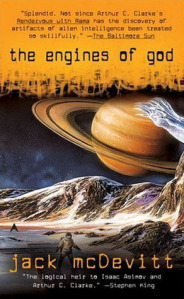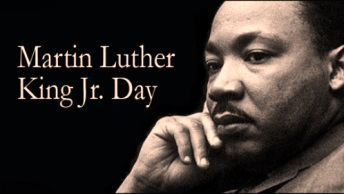
Martin Luther King Day
Fresh-Squeezed Juice Day
Humanitarian Day *
National Hat Day *
World Religion Day *
__________________________________________
MORE! Molière, Abigail Kelley Foster and Martin Luther King Jr, click__________________________________________
WORLD FESTIVALS AND NATIONAL HOLIDAYSIndia – Tamil Nadu: Thirualluvar Day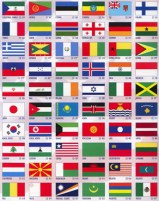
(Honors celebrated poet-philisopher)
Malawi – John Chilembwe Day
(Hero of Malawi independence)
Nepal – Maghe Sankranti
(Sun God festival)
__________________________________________
On This Day in HISTORY588 BC – Nebuchadrezzar II of Babylon begins a two-year siege of Jerusalem
1535 – King Henry VIII declares himself the head of the English Church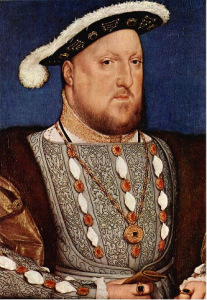
1541 – Francis I of France gives Jean-François de La Rocque de Roberval a commission to settle the province of Canada and provide for the spread of the “Holy Catholic faith” along with some funds and three ships for the expedition
1559 – Elizabeth I is crowned Queen of England in London’s Westminster Abbey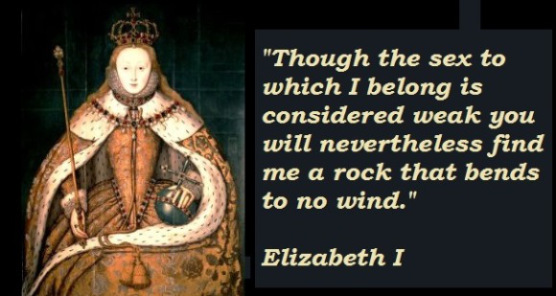
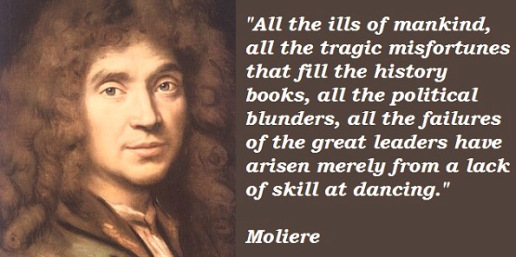
1624 – Viceroy of New Spain Don Diego Carrillo de Mendoza is nearly killed in a riot in Mexico City during his dispute with Archbishop of Mexico Juan Pérez de la Serna, which resulted in the Archbishop issuing a general interdiction, closing all the churches in the capital, and ordering clerics to ride on horseback through the city shouting “¡Muera el mal gobierno!” (Death to bad government!)
1639 – The Fundamental Orders are adopted by the Connecticut Colony council, a precursor to written constitutions in the American colonies. The preamble was a covenant that bound Windsor, Hartford and Wethersfield to be governed in all civil matters by the 11 orders (laws) in the document, which limited holders of the office of governor to serving once every two years. There was no religious test for voting eligibility or reference to the authority of the crown, but voting rights were restricted to freemen – women, slaves and indentured servants were excluded
1754 – Richard Martin born, Irish MP, activist against animal cruelty, who proposed the first anti-cruelty act to be passed by both houses of the British Parliament, the Cruel Treatment of Cattle Act 1822, nicknamed ‘Martin’s Act’
1759 – The British Museum opens. In 1753, Sir Hans Sloane had bequeathed his collection of 71,000 objects, including 40,000 printed books, 7,000 manuscripts, extensive natural history specimens including 337 volumes of dried plants, prints and drawings, to King George II, for the nation, for the sum of £20,000, which became the initial core of the Museum’s permanent collection
1779 – Jean Coralli born, French dancer-choreographer, co-creator of Giselle1780 – Continental Congress establishes the ‘Court of Appeals’
1782 – Superintendent of Finance Robert Morris appears before the U.S. Congress to recommend establishment of a national mint and decimal coinage
1799 – National Hat Day * – John Hetherington, a London haberdasher, creates the “stovepipe” Top Hat and wears it in public – people crowding to see it cause “a breach of the peace”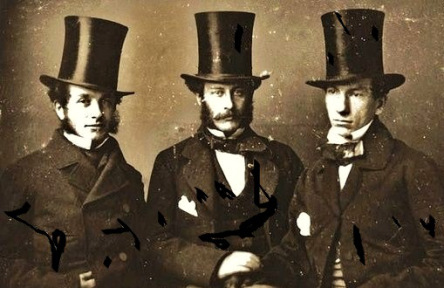
1803 – Marjorie Fleming born, Scottish poet and author; noted for her journal, a child’s eye view of life in 19th century Scotland; died in 1911, a month prior to her 9th birthday
1811 – Abigail Kelley Foster born, American abolitionist-feminist orator-reform lecturer

1831 – The first U.S. built locomotive to pull a passenger train makes its first run in Charleston SC
1836 – Constance Faunt Le Roy Runcie born, American pianist-composer and author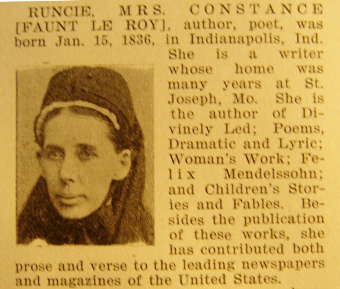
1844 – University of Notre Dame receives its charter from the state of Indiana
1850 – Sofia Kovalevskaya born, first Russian female mathematician, one of the first woman editors of a scientific journal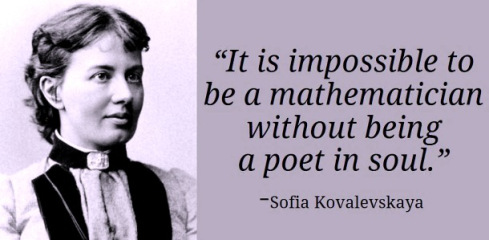
1861 – Elisha Otis patents the steam elevator
1870 – A cartoon by Thomas Nast, the first recorded use of a donkey to symbolize the Democratic Party, appears in Harper’s Weekly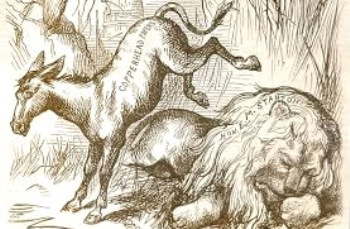
1893 – Ivor Novello born, Welsh singer-songwriter and theatrical matinee idol; “Keep the Home-Fires Burning”
1894 – Ecaterina Teodoroiu born, Romanian WWII army nurse who became a front-line soldier, was wounded, but returned to the front and killed in battle, awarded Military Virtue Medal, first and second class, posthumously
1895 – Artturi Ilmari Virtanen born, Finnish chemist, 1945 Nobel Prize in Chemistry 1909
1895 – Gene Krupa born, American drummer-composer 1913 – Miriam Hyde born, Australian composer and pianist1918 – Gamal Abdel Nasser born, second President of Egypt (1956-1970)
1920 – The ‘Dry Law’ goes into effect in the U. S.; selling liquor or beer becomes illegal
1923 – Ivor Cutler born, Scottish songwriter-poet-humorist1925 – Ruth Slenczynska born, American child prodigy pianist and author; made her Paris debut as a guest soloist with an orchestra at age 7; author of Music at Your Fingertips: Aspects of Pianoforte Technique
1929 – Martin Luther King Jr. born, American civil rights leader, 1964 Nobel Peace Prize recipient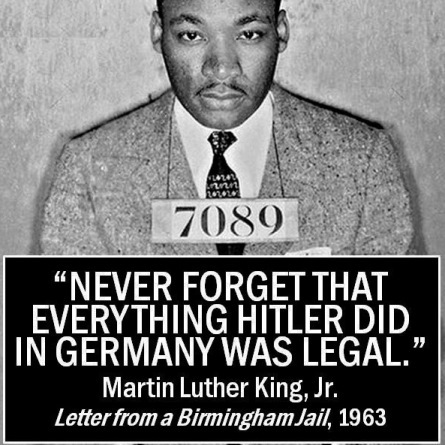
1936 – The first all glass, windowless building is completed, new home of the Owens-Illinois Glass Company Laboratory in Toledo OH
1943 – Work is completed on the Pentagon, headquarters for what was the U. S. Department of War, but renamed the Department of Defense in 1949; it covers 34 acres of land and has 17 miles of corridors
1943 – Margaret Beckett, English metallurgist and Labour politician; first woman Deputy Leader of the Labour Party (1992-1994); first woman to serve as British Foreign Secretary (2006-2007)
1944 – Jenny Nimmo born, British author of children’s and fantasy books; The Magician Trilogy, which won a Smarties Book Prize, and Children of the Red King
1949 – Lt. General Cariappa takes over as Commander-in-Chief of the Indian Army from British General Sir Francis Butcher
1950 – The first World Religion Day *: an interfaith celebration to encourage peace by highlighting the spiritual principles shared by the world’s religions – started by the U.S. National Spiritual Assembly of the Bahá’ís after some local American Bahá’í groups held successful interfaith events beginning in 1947

1953 – Harry Truman is the first U.S. President to give his farewell on both radio and television as he leaves office
1955 – In Tucson AZ, Raymond Bliss builds the first solar-heated, radiation-cooled house at a cost of $4,000, compared to a U.S. average home price in 1955 of $22,000
1965 – The Who’s first single is released, “I Can’t Explain”1973 – President Nixon suspends military action in North Vietnam, while peace talks between U.S. Secretary of State Henry Kissinger and North Vietnamese leader Le Duc Tho continue in Paris
1990 – Campbell’s Soup produces its 20 billionth can of tomato soup
1993 – An historic disarmament ceremony ended with the last of 125 countries signing a treaty in Paris banning chemical weapons
2003 – U.S. Supreme Court rules Congress can repeatedly extend copyright protection
2006 – NASA’s Stardust space probe mission’s sample return capsule arrives back on Earth with comet dust from comet Wild 2
2008 – After six years of study, the Food and Drug Administration (FDA) rules that meat and milk from cloned animals and their offspring is safe and does not need to be labeled as derived from cloned animals
2009 – The first Humanitarian Day * founded to honor Dr. Martin Luther King Jr. and those he has inspired on Dr. King’s birthday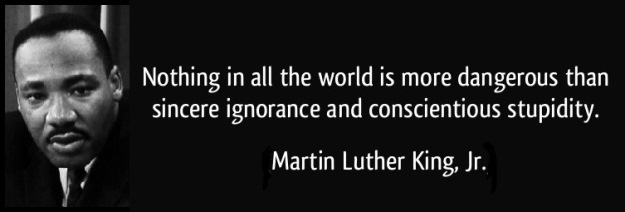
__________________________________________
Share this:- More





